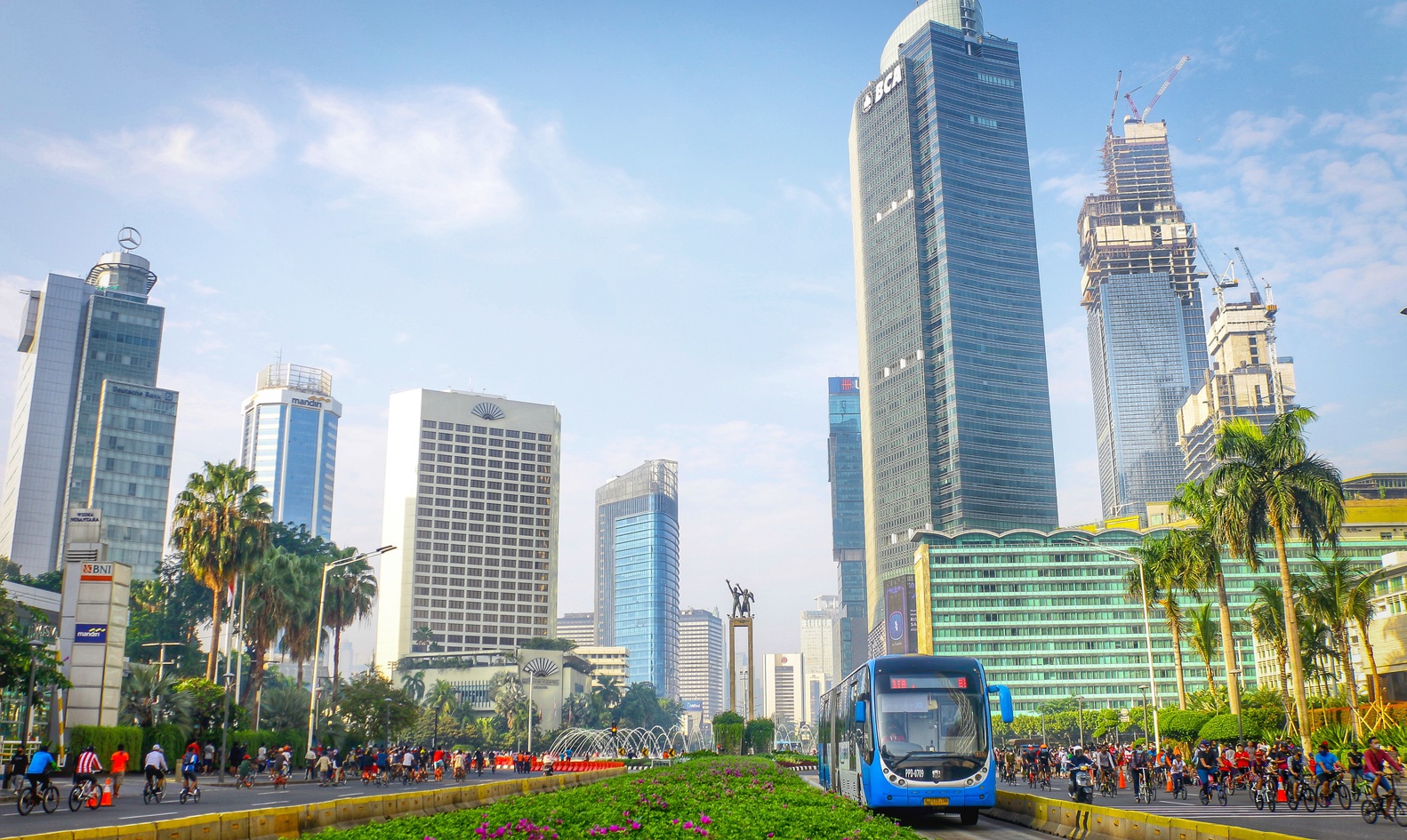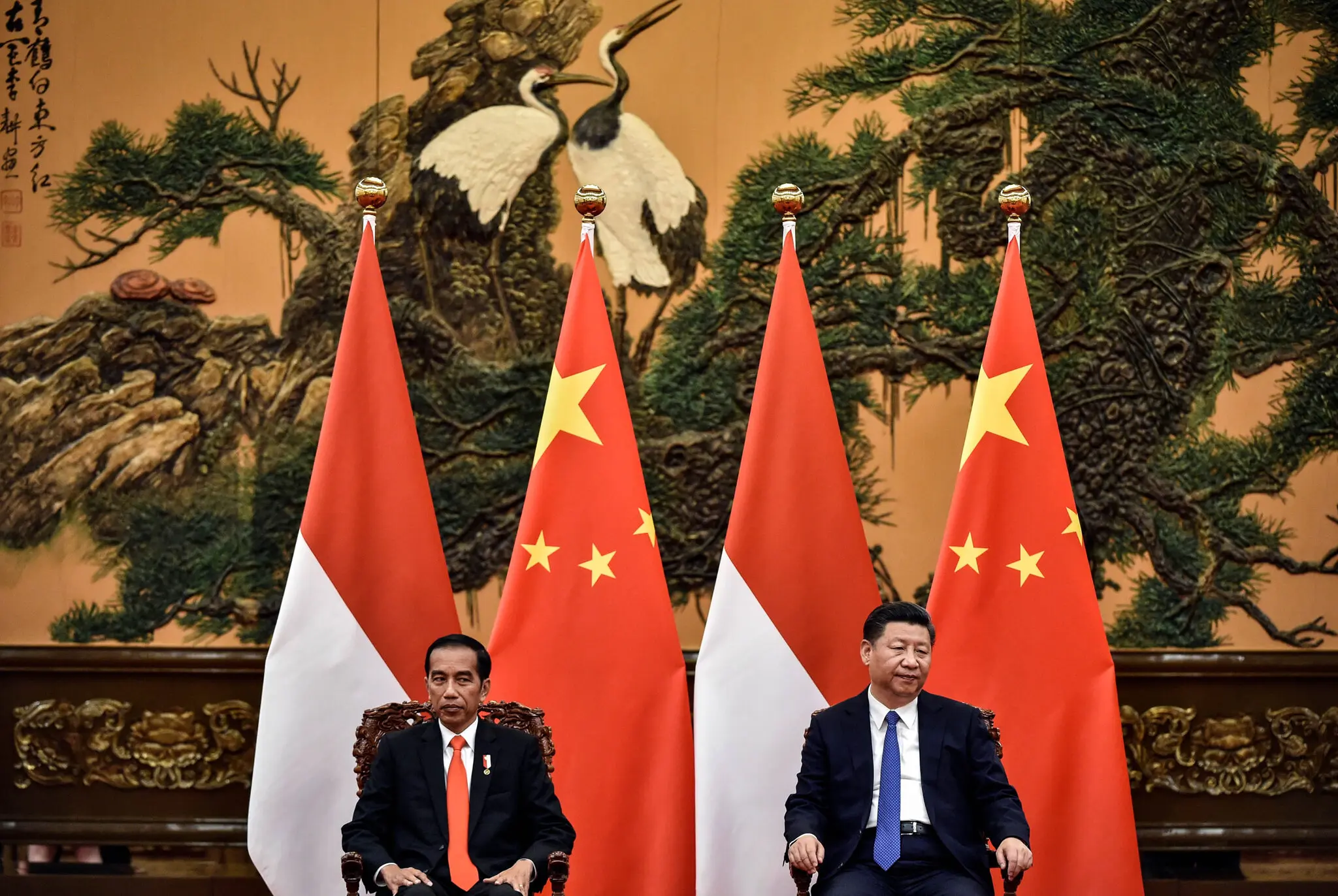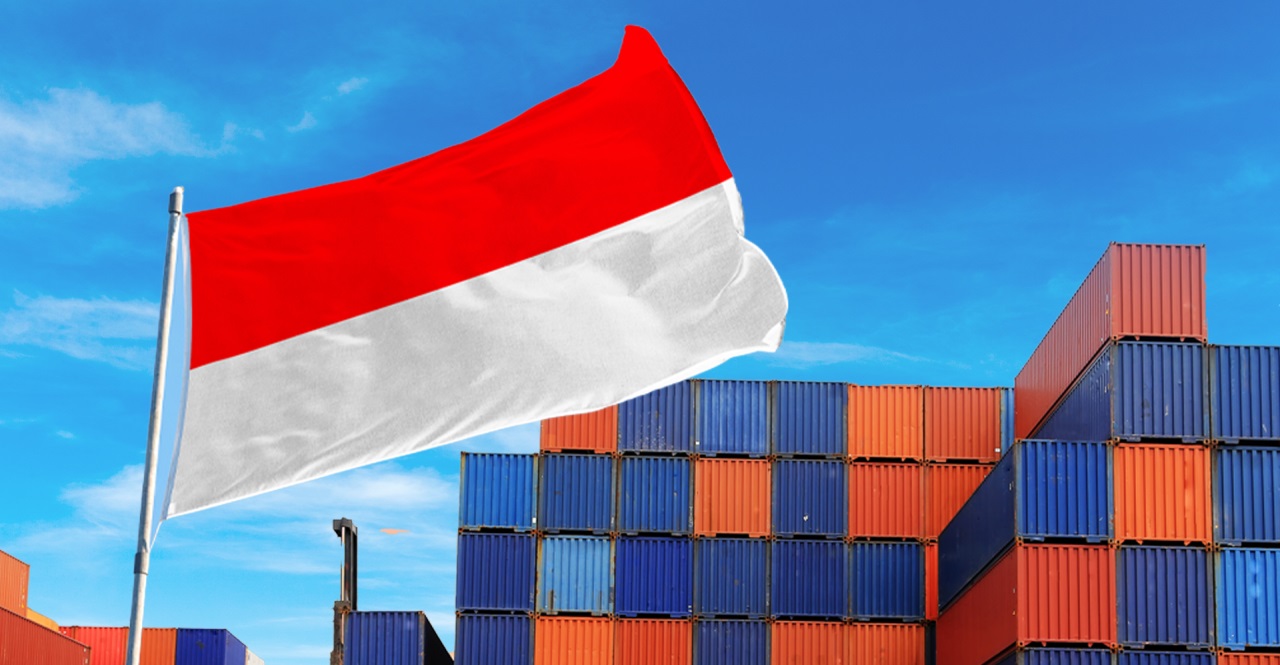On Friday, a senior trade ministry official announced that Indonesia is in the process of evaluating regulations aimed at limiting imports of over 3,000 products.
This evaluation follows concerns from various industries that the rules may disrupt the domestic supply chain and hinder exports.
Late last year, Southeast Asia’s largest economy implemented regulations to enhance monitoring of imported goods, ranging from food ingredients to hand tools to chemicals.

The move came in response to complaints from business associations regarding the impact of an influx of imported goods on local markets.
However, since the new rules took effect on March 10, business groups have raised concerns about restricted access to essential raw materials.
Budi Santoso, an official from the Trade Ministry, stated, “Everything is still under evaluation, we continue to coordinate with the relevant ministries and institutions.”

In response to complaints and warnings of potential shortages, the trade ministry recently eased restrictions for aircraft spare parts and raw materials for the plastic industry.
Nonetheless, business groups are advocating for further relaxation of the rules.
Although the government did not impose an outright ban on imports under the complex regulations, it mandated various treatments for different goods.

Most importers are required to obtain permits, and goods need to undergo inspection at customs checkpoints.
The Indonesian Association of Food and Beverage Entrepreneurs (GAPMMI) highlighted concerns about import restrictions on food ingredients, such as fortification mix, which are crucial for the nutritional content in processed foods.
Adhi S. Lukman, chairman of GAPMMI, emphasized the importance of not complicating the import process for raw materials.
Similarly, the Indonesian Chamber of Commerce and Industry cautioned that improperly targeted restrictions could disrupt operations in export-oriented industries, including automotive, mineral smelting, electronic manufacturing, as well as the food and beverage sector.






Leave a Reply